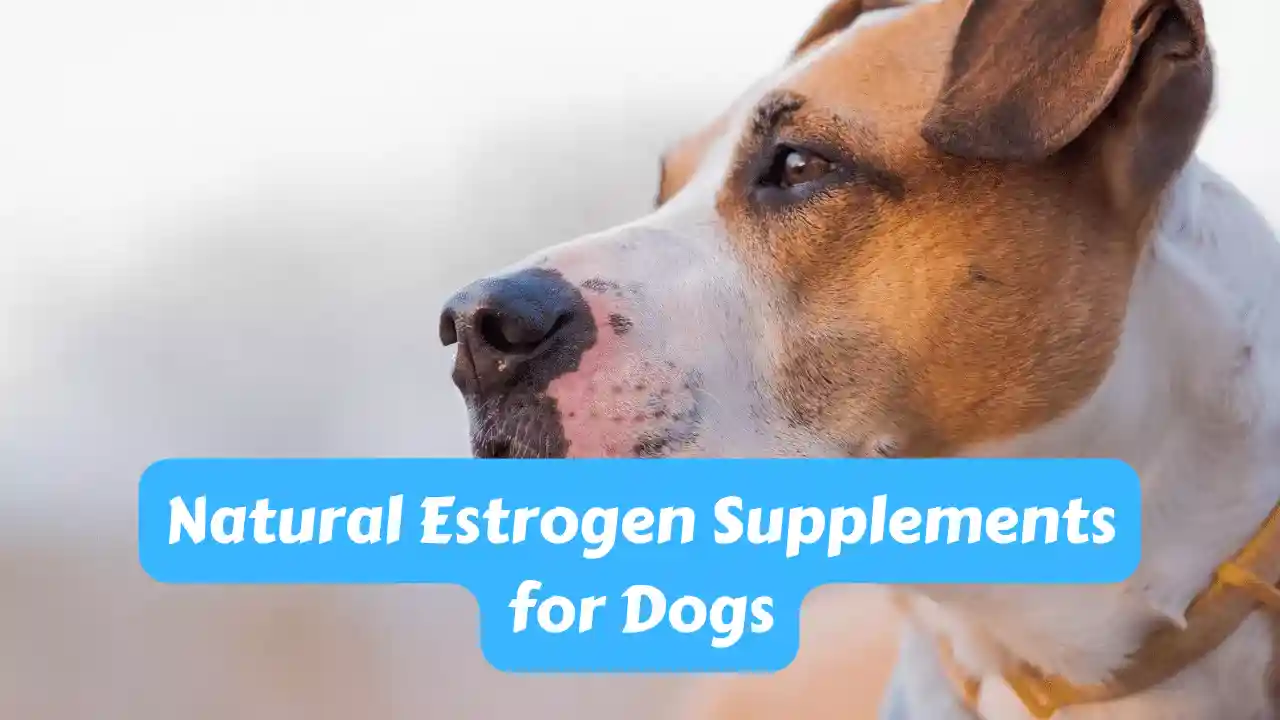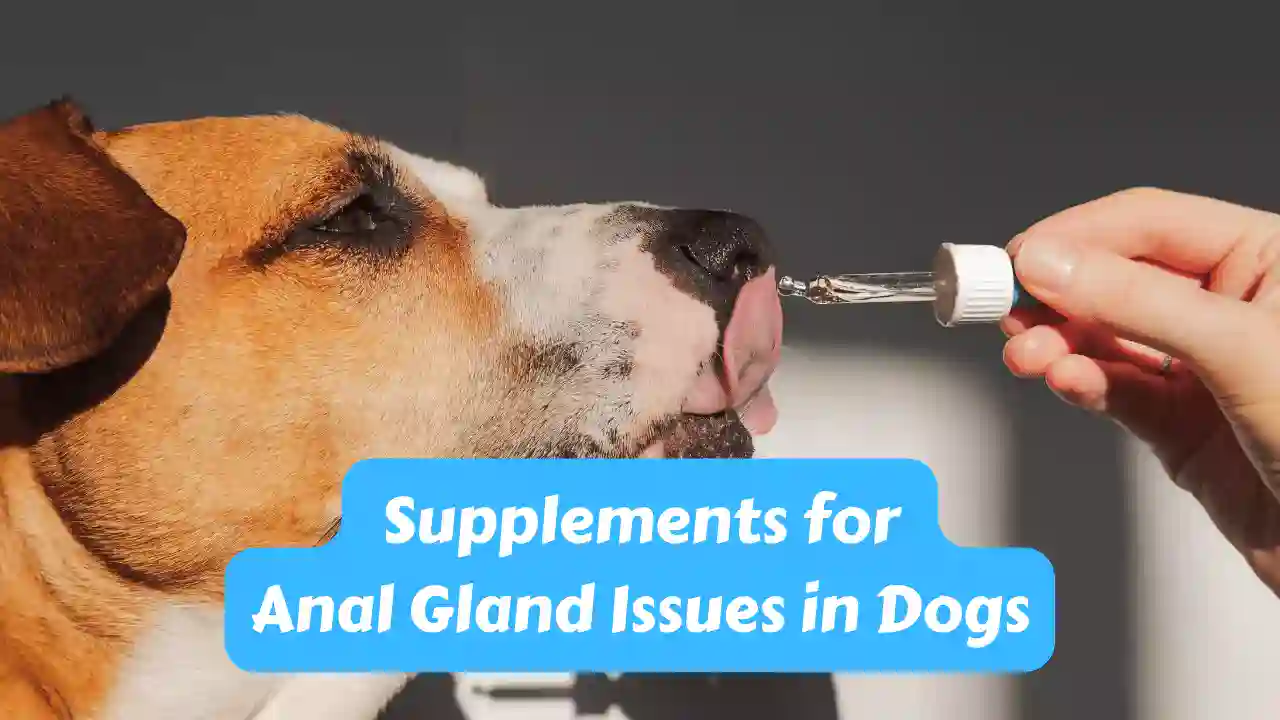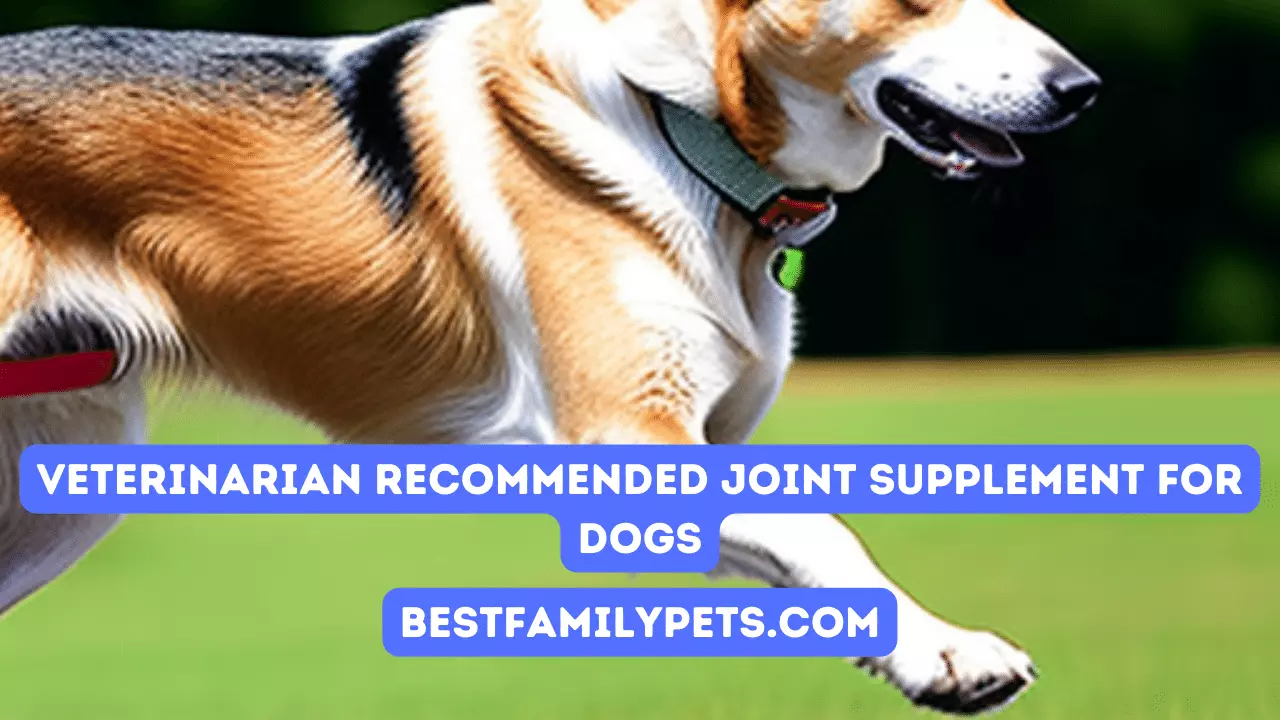10 Best Supplements for Anal Gland Problems Dogs
Relieve your dog’s anal gland problems with these 10 best supplements. Learn about their benefits and how they can improve your pet’s health.
Anal gland problems are a common issue for dogs. While there are many possible treatments, supplements can be a helpful addition. A few different types of supplements may help relieve anal gland issues in dogs. Probiotics and enzymes can help with digestive problems, while omega-3 fatty acids can help reduce inflammation. Antioxidants may also help reduce inflammation and boost the immune system. Talk to your vet about which supplements may be best for your dog’s anal gland problems.
So, what are you waiting for? If you’re looking for a great selection of supplements for anal gland issues in dogs? Check out our selection of best supplements for anal gland issues in dogs today!
10 Best Supplements for Anal Gland Problems Dogs
Anal gland problems are a common issue in dogs that can cause discomfort, pain, and even infections. While a trip to the veterinarian may be necessary for severe cases, supplements can also help alleviate symptoms and prevent future problems. Here are the 10 best supplements for anal gland problems in dogs:
- Pure Wild Alaskan Salmon Oil – Salmon oil is high in Omega-3 fatty acids, which can reduce inflammation and promote overall health in dogs. Adding this supplement to your dog’s food can help prevent anal gland problems.
- Digestive Enzymes – Digestive enzymes can help improve your dog’s digestion and reduce the likelihood of anal gland problems. Look for a supplement that includes protease, amylase, and lipase.
- Probiotics – Probiotics are good bacteria that can help promote a healthy digestive system and prevent infections. Look for a supplement that includes Lactobacillus and Bifidobacterium.
- Fiber – Fiber can help regulate your dog’s bowel movements and prevent constipation, which can lead to anal gland problems. Look for a supplement that includes psyllium or pumpkin.
- Vitamin E – Vitamin E is an antioxidant that can help reduce inflammation and improve skin health. Look for a supplement that includes natural vitamin E.
- Fish Oil – Fish oil is high in Omega-3 fatty acids and can help reduce inflammation and promote overall health in dogs.
- Flaxseed Oil – Flaxseed oil is another source of Omega-3 fatty acids and can help reduce inflammation and promote healthy skin and coat.
- Turmeric – Turmeric is a natural anti-inflammatory and can help reduce inflammation in the anal glands. Look for a supplement that includes curcumin, the active ingredient in turmeric.
- Coconut Oil – Coconut oil is high in medium-chain triglycerides, which can improve digestion and promote a healthy immune system. It also has anti-inflammatory properties.
- Glucosamine and Chondroitin – Glucosamine and chondroitin are often used to support joint health in dogs, but they can also help improve the health of the anal glands.
It is important to note that supplements should not replace veterinary care for severe anal gland problems. Always consult with your veterinarian before adding any supplements to your dog’s diet and follow their recommendations for dosage and frequency.
Do probiotics help with anal gland issues in dogs?
Yes, Probiotics are live bacteria and yeasts that are good for your health, especially your digestive system. They can help with anal gland issues in dogs by keeping the anal area clean and free of infection. Probiotics can also help to reduce inflammation and improve gut motility. Give your dog probiotics daily for the best results.
How can I help my dogs anal glands fill?
One way to help your dog’s anal glands fill is to feed them a high-fiber diet. This will help produce more stool, which will help massage the anal glands and keep them filled. You can also try expressing the anal glands yourself, but be sure to ask your veterinarian for guidance on how to do this properly. Finally, ensure your dog is getting enough exercise, as this can help keep the anal glands filled.
Why does my dog constantly express glands so much?
There could be a few reasons your dog expresses their glands so much. It could be that they are stressed or anxious, which can cause them to produce more of the natural oil that helps to lubricate and protect their skin and fur. It could also be that your dog has an allergy or medical condition causing its skin to be irritated and inflamed, leading to increased glandular activity.
If you are concerned about your dog’s excessive glandular activity, please consult your veterinarian to rule out any underlying medical causes. Additionally, you can do a few things to help reduce your dog’s stress and anxiety, such as providing a quiet place to relax, regular exercise, and positive reinforcement training.
How do you know if your dog needs his glands squeezed?
A few things to look for may indicate your dog needs his glands expressed. If your dog is scooting his butt on the ground, licking his anus excessively, or has redness or swelling around his anus, these can all be signs that his glands need to be expressed. Additionally, if your dog is having trouble defecating or seems uncomfortable when doing so, this may also be a sign that his glands need to be expressed. If you notice any of these signs, it’s best to take your dog to the vet to have them check his glands and decide if expressing them is necessary.
Can a dog express their own glands by licking?
Yes, a dog can express their own glands by licking. This is often how they communicate with other dogs and assert their dominance. The act of licking also releases endorphins, which make them feel good.
Does pumpkin help dogs express glands?
Yes, Pumpkin can help dogs express their anal glands. The fiber in pumpkin helps to bulk up stools, which can put pressure on the glands and help express them. Pumpkin is also a natural source of enzymes, which can help to break down and digest food properly, reducing the chances of impacted anal glands.
Can food cause anal gland issues in dogs?
There isn’t a definitive answer to this question since every dog is different and, therefore, may have different dietary needs. However, some people believe certain foods can contribute to anal gland problems in dogs, such as those high in fat or salt. If your dog has anal gland issues, it’s essential to work with your veterinarian to determine the best course of treatment. In some cases, changes to the diet may be recommended.
What dog breeds need their glands expressed?
There is no one-size-fits-all answer to this question, as the need for anal gland expression can vary depending on the individual dog’s breed, size, and health condition. However, some species that are more likely to need their glands expressed regularly include English Bulldogs, French Bulldogs, Boston Terriers, Boxers, Pugs, and Basset Hounds. If you are unsure whether or not your dog needs his or her anal glands expressed, it is best to consult with a veterinarian.
What happens if a dog’s glands aren’t expressed?
If a dog’s glands aren’t expressed, the dog may experience discomfort and more likely to develop infections. Additionally, the dog may have an odorous discharge from its glands.
How can I express my dog’s glands naturally?
There are a few ways that you can express your dog’s glands naturally. One way is to make sure that your dog gets plenty of exercises. A good walk or run will help to stimulate the glands and get them working correctly. You can also give your dog a massage, which will help to loosen up the glands and allow them to function correctly. Finally, give your dog a good diet with plenty of fresh fruits and vegetables. This will help to keep the glands working properly and prevent them from becoming blocked.
Can I give my dog pumpkin everyday?
Yes, you can give your dog pumpkin every day. Pumpkin is an excellent source of fiber and other nutrients that can benefit your dog’s health. Just be sure to use pure pumpkin and not pumpkin pie filling, which can contain sugar and other ingredients that are not good for your dog.
What happens if I give my dog too much pumpkin?
If you give your dog too much pumpkin, they may develop an upset stomach or diarrhea. Too much fiber can also be stiff on their digestive system. It’s best to talk to your vet before giving your dog pumpkin and start with a small amount to see how they tolerate it.
How long does it take for pumpkin to work on dogs?
Pumpkins can work for dogs within a few hours to a few days. The exact amount of time it takes for the pumpkin to work on dogs will depend on the individual dog and the severity of their condition. For some dogs, pumpkin may only provide temporary relief, while others may find that it gives long-lasting results. If your dog is not responding to pumpkin within a few days, it is essential to consult with your veterinarian to rule out other possible causes of their condition.
Can too much pumpkin hurt A dog?
There is no definitive answer to this question as it depends on the individual dog. Some dogs may be more sensitive to pumpkin than others and may experience gastrointestinal upset if they overeat of it. It is always best to consult your veterinarian before giving your dog any new food, including pumpkin.
-

5 Dog Supplements You Must Know About
Sorting through a pile of dog supplements, vitamins, and magic pills can be overwhelming. Here are five supplements recommended.
-



Dolomite Supplement for Dogs: Top 10 Best Selling List
Discover the best dolomite supplement for dogs! Boost your furry friend’s health with natural ingredients and improve their vitality.
-



Why Use Herbal Supplements for Dogs with Tumors? Tcmvet Baituxiao
Discover the benefits of using TCM herbal supplements for dogs with tumors. Try Baituxiao and support your pet’s health naturally.
-



10 Best Natural Estrogen Supplements for Dogs
Improve your dog’s health with these top 10 natural estrogen supplements. Keep your furry friend happy and healthy.
-



10 Best Supplements for Anal Gland Problems Dogs
Relieve your dog’s anal gland problems with these 10 best supplements. Learn about their benefits and how they can improve your pet’s health.
-



Veterinarian Recommended Joint Supplement for Dogs
Keep your dog active and healthy with veterinarian recommended joint supplements for dogs. Shop now for improved and quality of life.
-



Top 10 Best SmartPak Supplements for Dogs
Improve your dog’s health with our top 10 SmartPak supplements. From joint support to digestive health, we have everything your dog needs.
-



10 Best Zinc Selenium Supplement for Dogs
Boost your furry friend’s health with our top 10 Zinc Selenium supplements for dogs. Shop now and give your pup the care they deserve.
-



10 Best Supplement for Dog Wormer
Looking for effective and safe dog wormer supplements? Check out our top 10 list for the best options to keep your dog healthy and happy.










